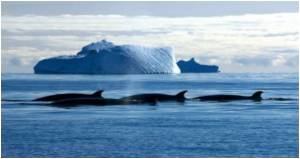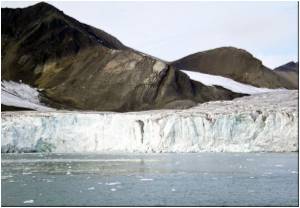In a race against time to drill through a two-mile-thick ice cap covering a sub-glacial lake are scientists in Antarctica.

The 12-man team from the British Antarctic Survey in Cambridge had hoped to penetrate through the ice with a sterile hot-water drill to reach the lake but technical difficulties are believed to have put the scientists behind schedule.
Lake Ellsworth is one of at least 387 lakes of liquid water formed at the base of the Antarctic ice sheet by the combined effects of geothermal heating and the high pressure of the huge volume of ice lying overhead.
At a depth of 60m (197ft), the scientists experienced technical problems with the sensors on the drill nozzle, which meant that the drilling had to be suspended. This followed an earlier problem with the main burner unit of the water boiler. However, the boilers have now successfully heated thousands of litres of snow to 90C for feeding the high-pressure water drill.
"We are now committed, having gone past the point of no return. If anything stops working now, water could freeze in the pipes and the whole programme could come to a halt," the Independent quoted Chris Hill, the expedition leader, as saying.
However, in the past few days, further technical problems have jeopardised the entire mission.
Advertisement
Once the main borehole, which is just 40cm wide, has broken through to the surface of the sub-glacial lake, the scientists have about 24 hours to retrieve their samples before the borehole freezes over and becomes unusable.
Advertisement
"We are about to explore the unknown and I am very excited that our mission will advance our scientific understanding of Antarctica's hidden world," said Martin Siegert, from the University of Bristol, the principal investigator on the mission.
Source-ANI








